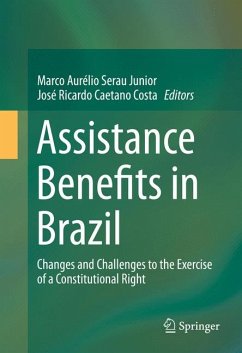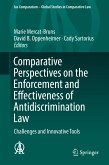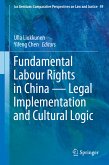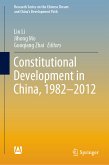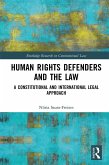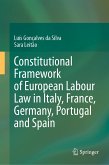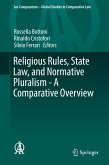This edited book focuses on the most controversial aspects of assistance benefits as mandated by the Brazilian Constitution of 1988 - and the challenges that have merged since the approval, in 1993, of the Federal Act 8.742, also known as Organic Law of Social Assistance. This collection of essays allows the reader to understand some important changes in social assistance policies in Brazil in recent years, having the General Theory of Social Security and the Human Rights as references. The tensions between economic principles and affirmative policies for the less advantaged parts of the society are also covered, showing how different interpretations of key concepts - like need, poverty or family - may have an important role on the exercise of fundamental rights.
Dieser Download kann aus rechtlichen Gründen nur mit Rechnungsadresse in A, B, BG, CY, CZ, D, DK, EW, E, FIN, F, GR, HR, H, IRL, I, LT, L, LR, M, NL, PL, P, R, S, SLO, SK ausgeliefert werden.

